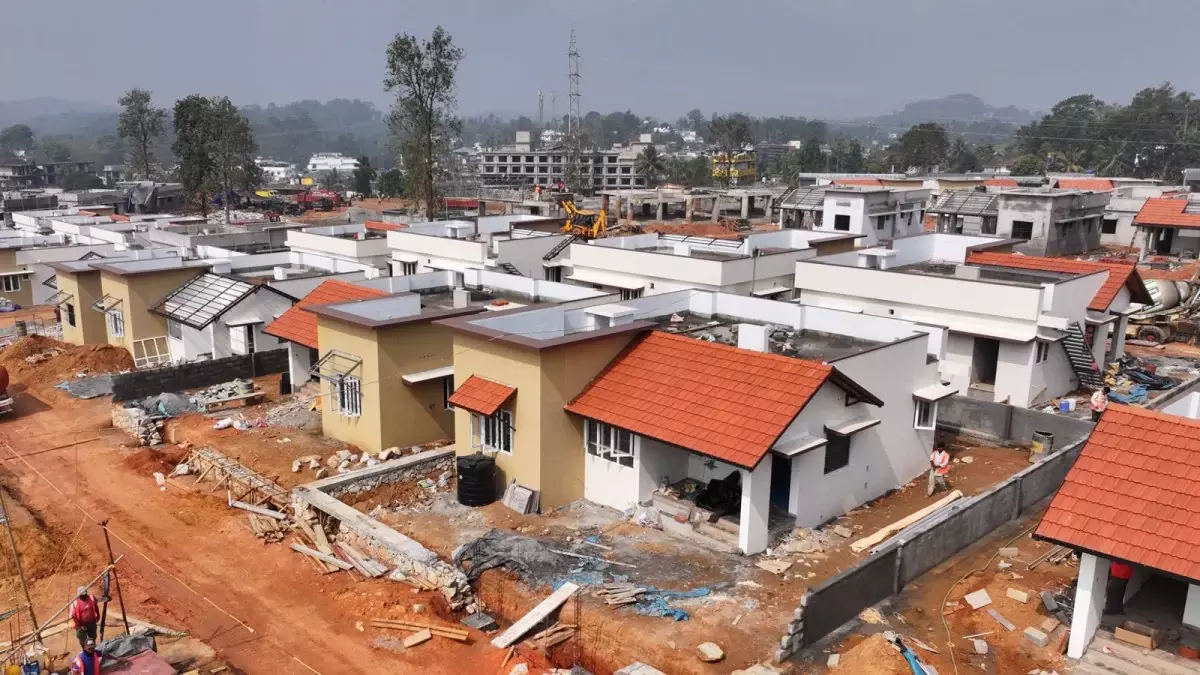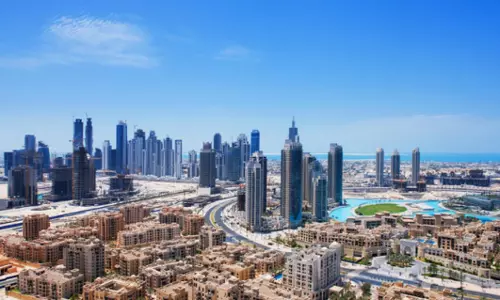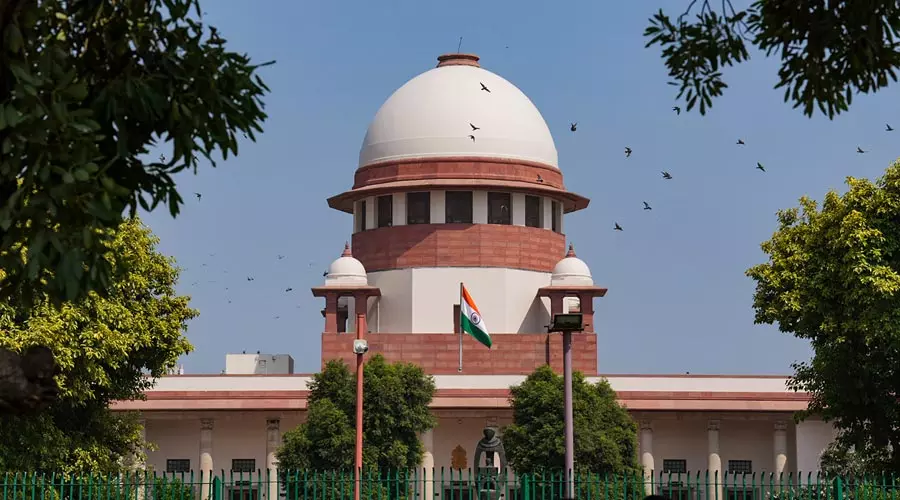
The renaming frenzy and the Supreme Court order
text_fieldsThe Supreme Court’s observations, while rejecting the petition filed by the BJP's vexatious litigant advocate Ashwini Upadhyay seeking to set up a commission for renaming and retrieving the historical, cultural and religious place names changed by the foreign invaders, are nothing short of a huge setback to the frenzied Hindutva activists. The bench comprising Justices K.M. Joseph and C.V. Nagaratna hit the nail on the head asking whether petitioner wanted to keep the country boiling with the issue of changing the name of historical places. The bench reminded the petitioner that India is a secular country and that secularism is fundamental structure of the Constitution, as was previously described in a judgment by the nine-judge bench of the Supreme Court. "Don't haunt future generations as prisoners of the past. The golden principle of fraternity in the preamble of the Constitution is very important. Only harmony can lead to unity of the country.” The Supreme Court pointed out. Making it clear that Supreme Court is secular, Justice Joseph said that the petitioner was pointing fingers at a particular community. Justice Nagaratna also warned that the British policy of divide and rule has created division in our society and we should not retrace those steps. It is also noteworthy that the court dismissed Upadhyaya's plea rather than allowing him to withdraw it.
After coming to power, the extreme Hindutva regime has been changing historical names giving them either Hindu-sounding or other names as part of its ultra-emotional measures driven by prejudice. Yogi Adityanath's UP government has already renamed historic Allahabad as Prayagraj. However, the UP High Court continues to be called as the Allahabad High Court. The Mughal Garden around Rashtrapati Bhavan is now Amrita Udyanam. Aurangabad in Maharashtra will henceforth be known as Chhatrapati Sambhaji Nagar, and Osmanabad is to be called as Dharashiv. The process of converting Gujarat's capital Ahmedabad into Karnavati is nearing completion. During the last Assembly polls in Telangana, the BJP promised to rename capital Hyderabad, a major historical city of South India.No one questioned previously when most states changed anglicized place names to vernacular ones. That is how Bangalore became Bengaluru and Mangalore as Mangaluru. However, the Supreme Court’s rebuke comes after Hinduisation of Urdu names with Muslim connotations has grown to such an extent that it violates even the fundamental principles of the Constitution. The Supreme Court Bench especially reminded that Hinduism is not Hindutva and that Hinduism is a way of life and not bigotry. Sangh Parivar, despite failing in its efforts to define Hinduism, oftentimes say it is an inclusive name for all, and will argue that Muslims and Christians are not exempt from it. But when it comes down to it, a Sarsangh Chalak will claim that the two religions are invaders and the Hindus are engaged in a 1000 year war with them. What prompts them to stir up religious fanaticism and win the votes of the majority community is clear. Even after eight years in power, the Narendra Modi government has not been able to highlight any development policy, economic vision or welfare plans fundamentally different from those of the previous governments. Alongside, the Hindutva government is engaged all the more in appeasing and fattening up the corporates. The rulers fear that if the people express their free will in the general elections next year, the result will be negative. Then, coming to power again arousing the tender feelings of majority community under the guise of patriotism is easier. Neither democracy nor secularism nor the impartiality of the judiciary comes in the way of the Sangh Parivar. Unity of secular parties still remains only as a dream.











